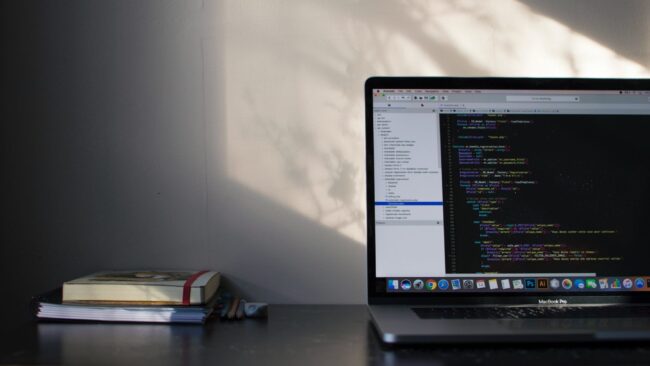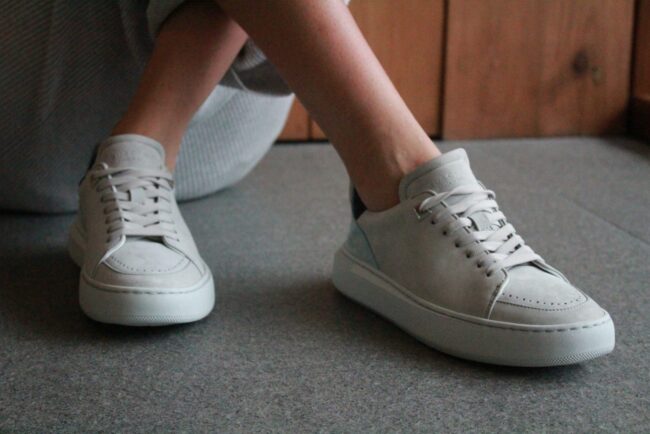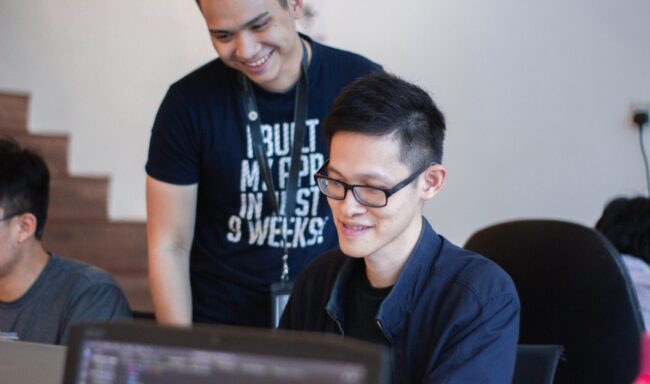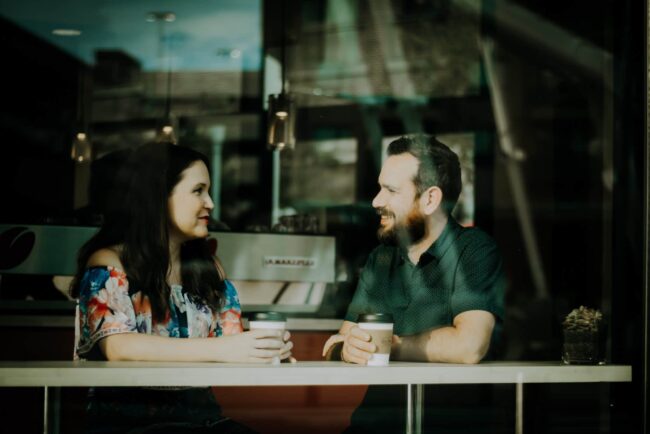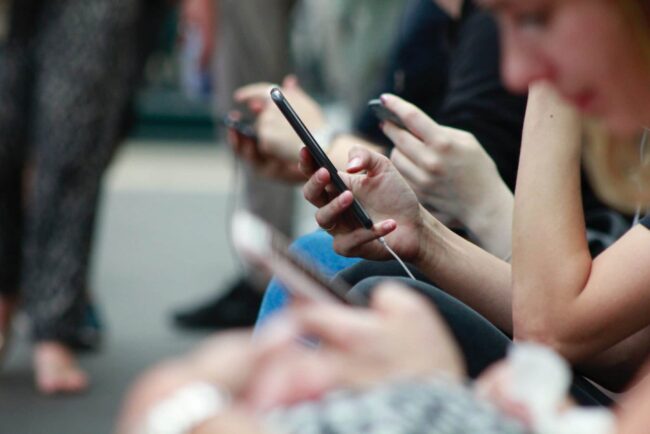Episode 107 – How Grassroots Software Development for Equity is Changing How Startups Build Successful Products at Series Code
This is a startup and product builder’s dream episode as we speak with John Steele, founder of Series Code. John shares how his team at Series Code creates what I would almost term a Developers-as-a-Service with a powerful twist on how they operate: they split the cost to their customers between equity and cash. Beyond…

